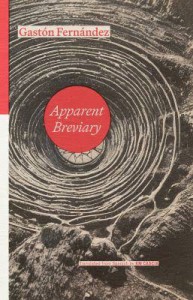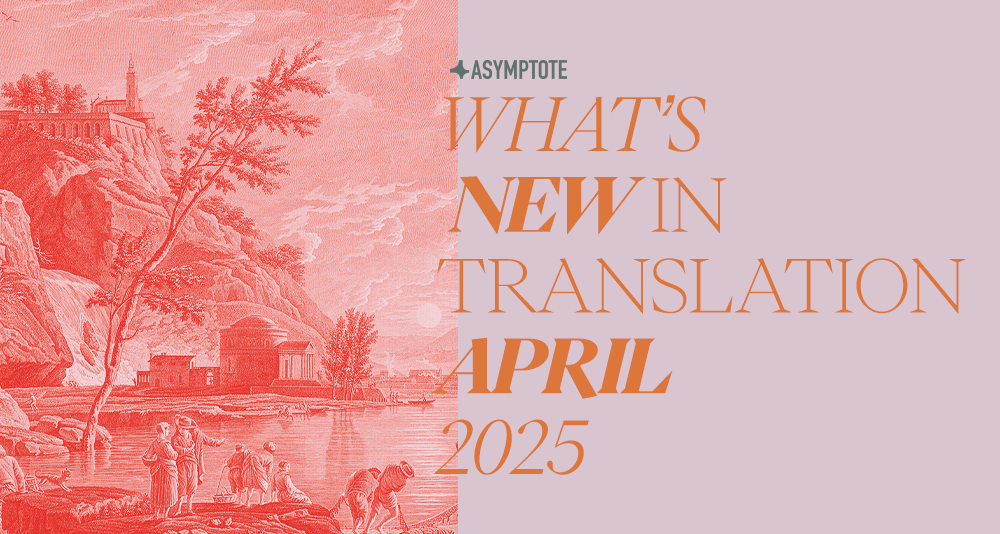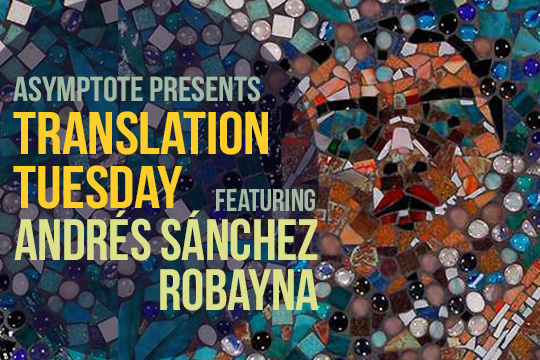The brevity of a transcendent ecopoetics, a fierce diagnosis of the contemporary art world, the psychological torture of a toxic relationship, a gathering of formidable Afro-Brazilian voices. . . This month, we are delighted to introduce fifteen new works from around the world, from the intimate to the twisted, the reverent to the radical, of healing and breaking, of what goes on within us and between us.

Apparent Breviary by Gastón Fernández, translated from the Spanish by KM Cascia, World Poetry Books, 2025
Review by Xiao Yue Shan
Rhythm in poetry, Yeats told us, serves to “prolong the moment of contemplation—the moment when we are both asleep and awake” by balancing a monotonous formula of language with the surprise of new images, ideas. In his metered perfection, he reminded us that we are innately rhythmic creatures, alive by the steady pace of breath and heartbeat, habit-forming and fond of repetition, and every interruption to this enduring pattern is a miniature shock, a fracture, a revival.
The hundred poems in Gastón Fernández’s Apparent Breviary are full of interruptions: huge, gasping chasms of silence throwing poetic rhythm into some archaic past. A few pages in, I understood why their translator, KM Cascia, had admitted that the poems made them “squirm.” They unsettled me too. With no guiding cadence to the words, no comfort of the steady pulse, with language disorientating in its skeleton arrangement, there is a sense of learning how to read again, examining each word set firmly on its own—rare stars in the page’s matte sky. Max Picard had once brought up the idea that language is too self-conscious: “each word comes more from the preceding word than from the silence and moves on more to the next word in front than to the silence.” In Fernández, this isn’t so; here, language is conscious of its origin and reverent of its silent surroundings, and as soon as one acknowledges this fact, the vacancy of the negative spaces on the page begin to seem inviting. Instead of being read as simply text, there is something of Apparent Breviary that demands to be interpreted as score, in which the nothingness is full of measures, divisions, momentum. The poet demands we notice that the emptiness is alive: it breathes. READ MORE…


